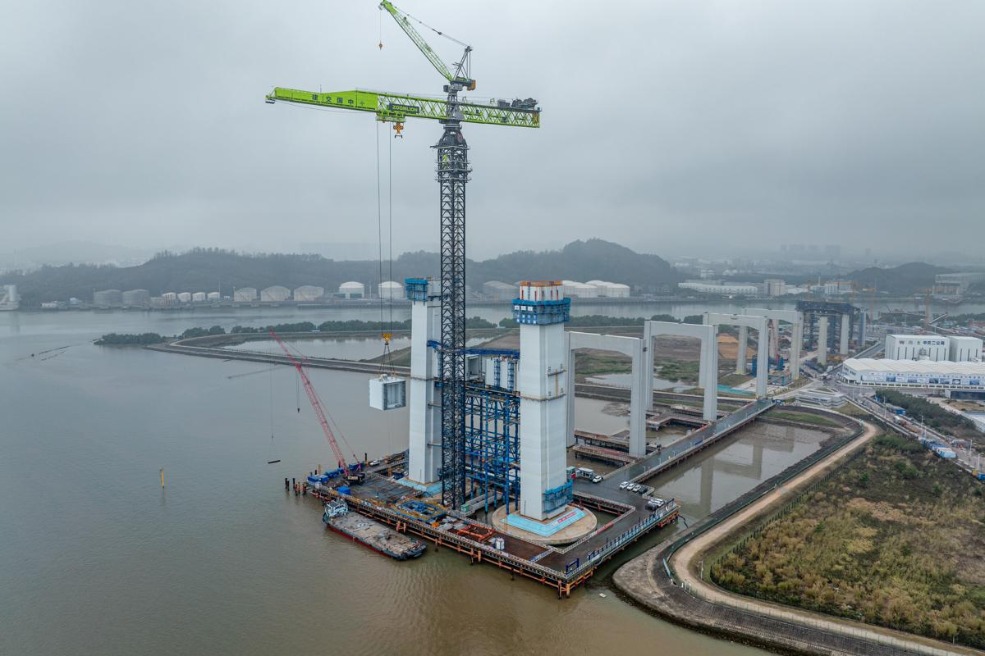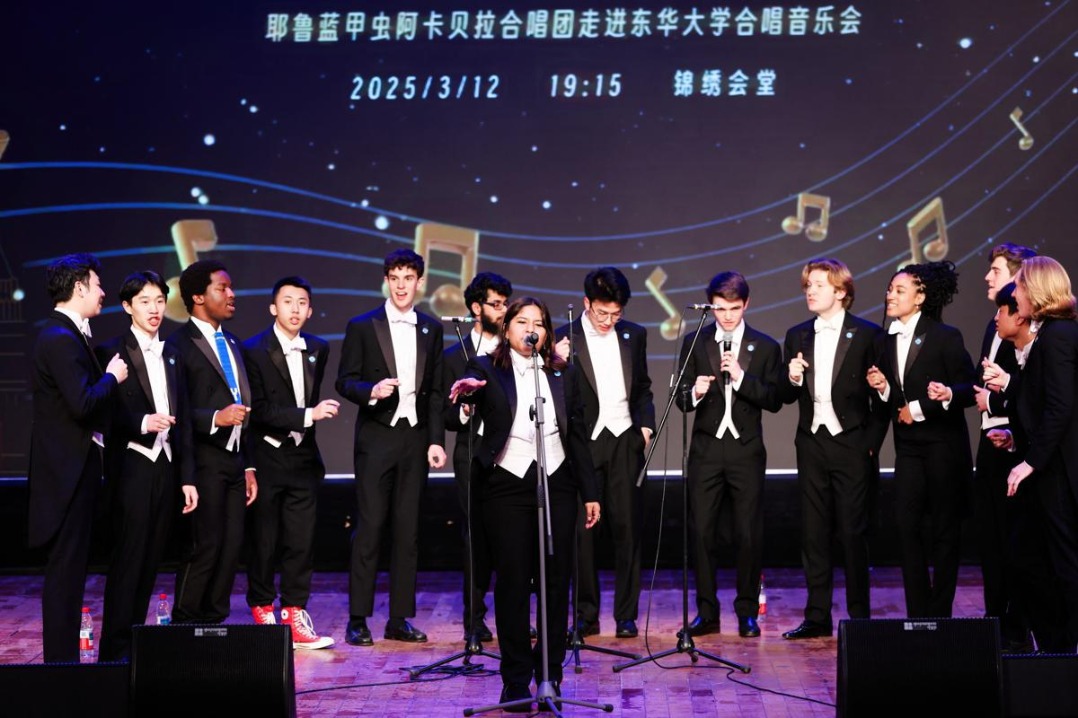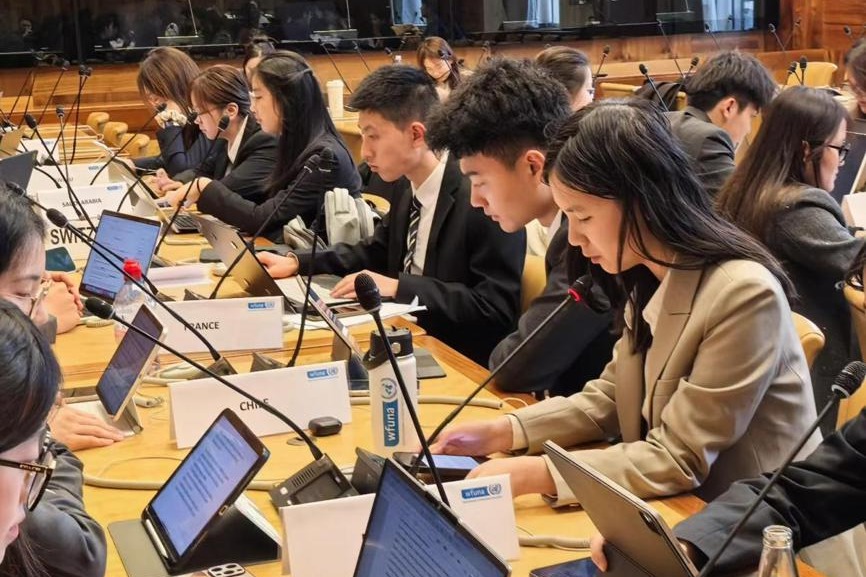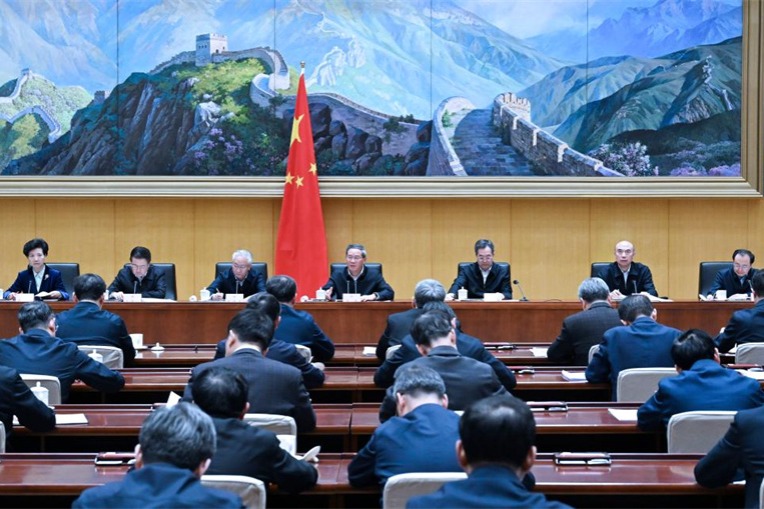Research improves prospects for sustainable commercial production of hydrogen

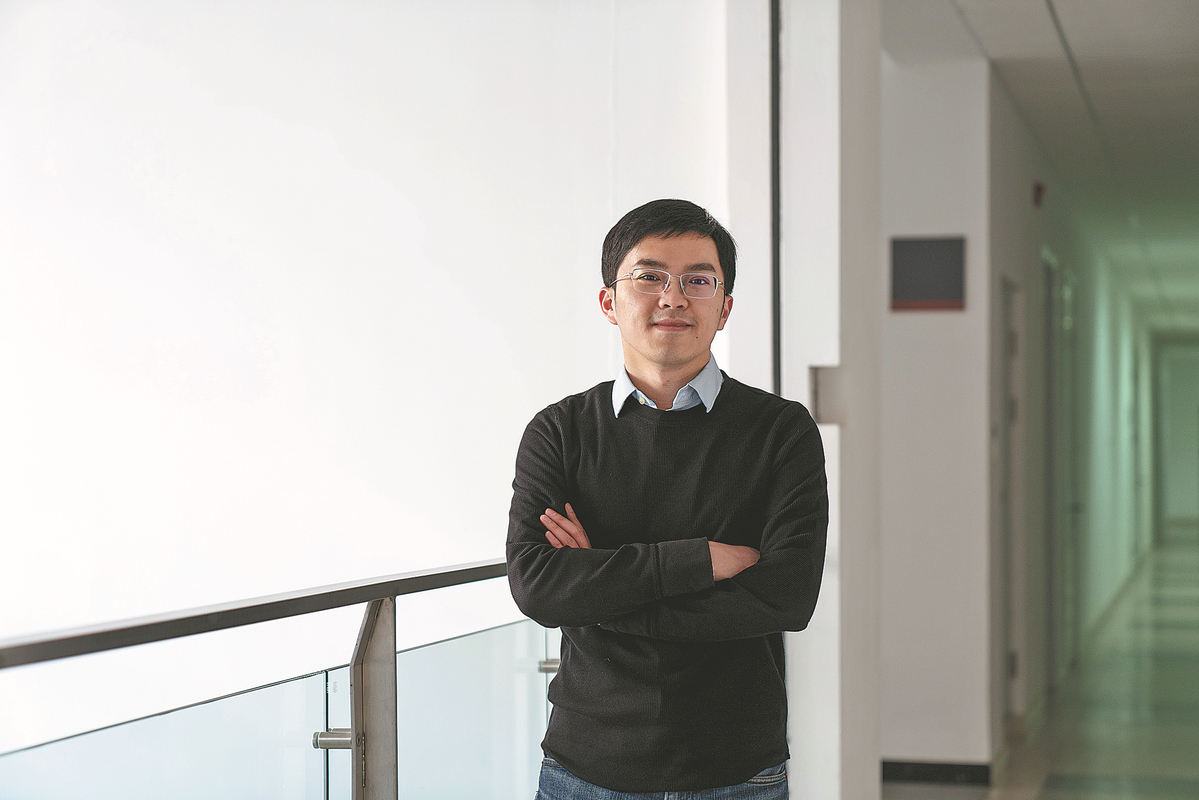
While China's green energy transition appears to have a heavy focus on electric vehicles, solar, wind and hydro power, another clean energy source being developed is hydrogen.
A Chinese team began researching catalysts for hydrogen generation in 2014, with the culmination of various efforts published in February in the journals Nature and Science. The first achievement was the production of a catalyst lifespan of over 1,000 hours in methanol-to-hydrogen reactions. The second was ethanol-catalyzed hydrogen production that released no carbon dioxide emissions.
Zhou Wu, an expert on hydrogen catalysis has been a driving force behind China's research into the process that could revolutionize the clean commercial production of hydrogen.
"We face severe energy and climate warming crises, and hydrogen production is internationally recognized as a critical solution," said Zhou.
According to research by the United Nations, fossil fuels — coal, oil and natural gas — remain the primary drivers of global climate change, accounting for over 75 percent of greenhouse gas emissions and nearly 90 percent of all CO2 emissions.
"While hydrogen combustion produces only water, the production process itself is not clean," said Zhou. Current catalysts are inefficient, leading to energy waste, high costs and CO2 emissions. "Our goal is to design better catalysts to make hydrogen production greener, more efficient and cost-effective," he added.
Despite a three-year scientist position at Oak Ridge National Laboratory under the Department of Energy in the United States where he earned the prestigious Eugene Wigner Fellowship and published high-impact research, in 2015, Zhou faced a crossroads in his career. Offers poured in for him to continue his research at various institutions from Singapore's top universities to the University of the Chinese Academy of Sciences.
"Singapore's package — twice as much as the UCAS funding and salary — was historically generous," Zhou recalled.
Yet a pivotal half-hour call with academician Gao Hongjun, then UCAS vice-president, reshaped his decision. Gao emphasized that while China's immediate resources might lag behind Singapore's, the nation's rapid rise in comprehensive strength and surging investments in scientific research promised far greater long-term potential.
"Academician Gao asked me: Did I want to be a 'founder' building something new, or return years later as a 'joiner'? I chose the former," Zhou said.
UCAS demonstrated its commitment by allocating over 26 million yuan ($3.6 million) from its own funds to establish a world-class electron microscopy lab at its recently inaugurated Yanqi Lake campus in Beijing.
"In 2015, securing 26 million yuan for equipment was challenging for any institution globally," Zhou said, while likening the new campus to a "scientific startup".
For decades, hydrogen industrialization has been stymied by the "impossible triangle": balancing low cost, high stability and zero carbon emissions. Zhou's team tackled this by reengineering catalysts at the atomic scale.
"Success requires four pillars: platform, funding, teamwork and environment," said Zhou, adding that State and municipal grants have proved vital.
In 2016, the Chinese Academy of Sciences' Key Research Program in Frontier Sciences provided 2.5 million yuan over five years. By 2019, the Beijing Municipal Education Commission's "Outstanding Young Scientists" initiative had added over 3 million yuan annually. Crucially, both programs minimized bureaucratic hurdles, freeing the team to focus on research.
However, the real journey began in 2014. "A Peking University team had serendipitously discovered a highly active catalyst, but its performance was erratic," Zhou recalled. By 2020, his team had boosted catalyst stability tenfold by increasing surface site density — only to hit a physical limit. "We were stuck," he said.
A breakthrough emerged from collective resilience. "Remarkable students kept joining us. Together, we tested new strategies and found that incorporating rare earth elements dramatically enhanced both the catalyst's activity and stability — it reignited our hope," he said, emphasizing that "every leap forward has been a team triumph".
While celebrating their latest breakthroughs, Zhou remains grounded. "Publications bring fleeting glory, but our catalysts still rely on expensive precious metals. Industrialization demands cost reduction," he said.
Artificial intelligence is expected to accelerate the progress further by optimizing data analysis, code generation and even manuscript drafting. "We're collaborating with machine learning teams to uncover hidden data patterns — this could lead to quantum leaps," Zhou said.
"Our goal isn't papers; it's making hydrogen energy affordable and practical."
Zhou credits his mentors such as academician Zhu Jing, his adviser at Tsinghua University, who at 68, revised his thesis draft word-byword over a lunch in the canteen. "Her rigor still guides me — every paper must withstand scrutiny," he said. At Oak Ridge, his mentor Juan Carlos Idrobo's boundless curiosity left a lasting mark. "He'd propose 20 ideas; one or two worked. That fearless creativity is what I teach now."
Today, Zhou prioritizes nurturing students who are "confident yet resilient" in a rapidly evolving China. "Doctor Idrobo helped me selflessly, asking only that I pay it forward. That's my mission too."
From a "scientific startup" campus to atomic-scale breakthroughs, Zhou's individual journey encapsulates China's bold strides in clean energy. As his team races toward industrial-scale solutions, one principle endures: "Science isn't about shortcuts — it's about building foundations, atom by atom."
When asked about cultivating young scientific talents, Zhou shared his educational philosophy: "Many excellent students in my team share one trait: clear goals."
Instead of highlighting research prospects during recruitment, Zhou emphasizes the arduousness of research. He stresses that results may take three or more years, and suggests alternative directions if they lack determination.
"Research requires intrinsic love. Enjoy the process, not just the outcome. Especially in basic research, facing daily failures for long periods is common. Only real curiosity can sustain you through experimental setbacks. I'll constantly encourage them to keep this passion."
Shi Yudie contributed to this story.
yandongjie@chinadaily.com.cn
- Research improves prospects for sustainable commercial production of hydrogen
- Villager dedicates life to greening mountainside
- True foundation of longevity is courage to evolve together
- Regulators cracking down on violators of consumer rights
- China's young couples are redefining marriage
- HKSAR takes lead in developing robots to support national space missions
















